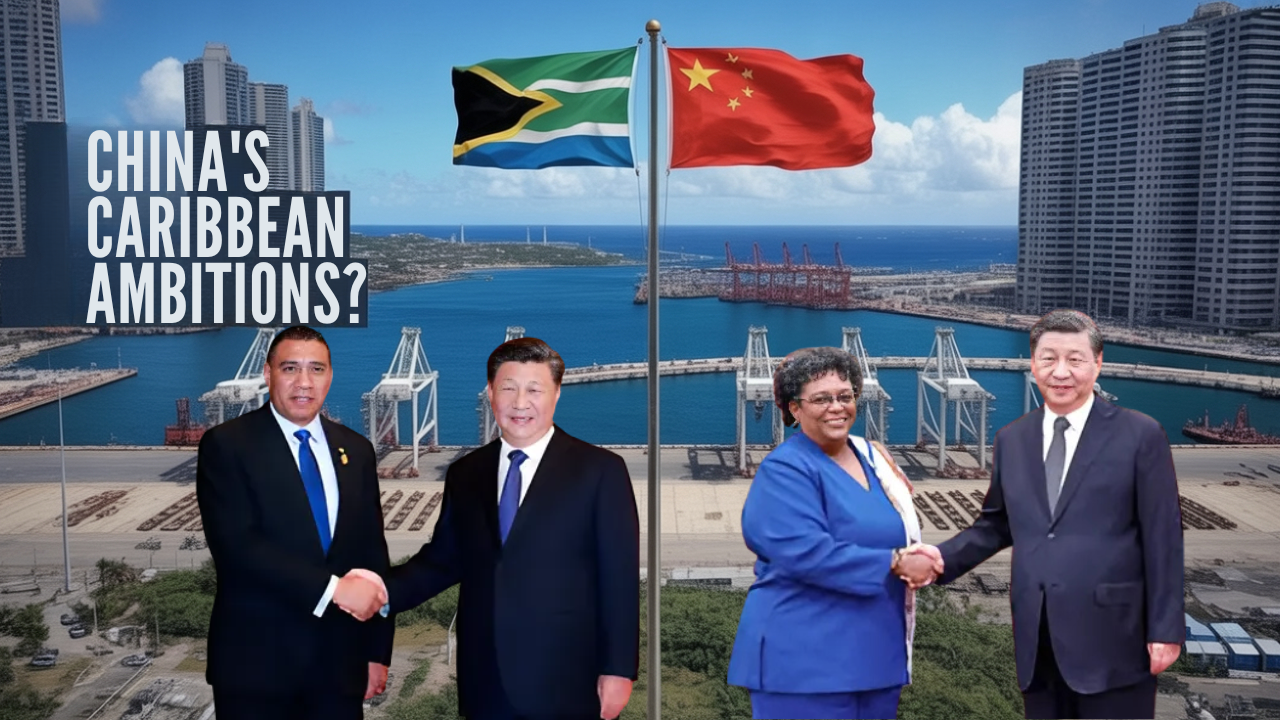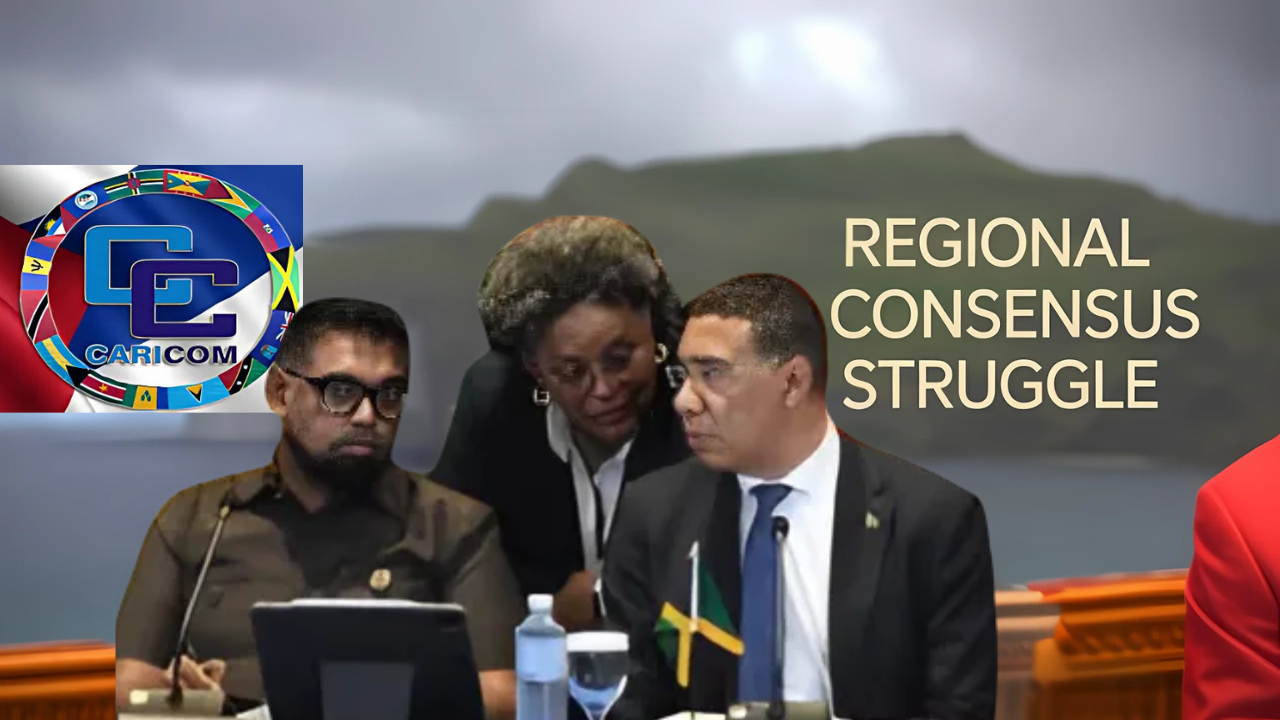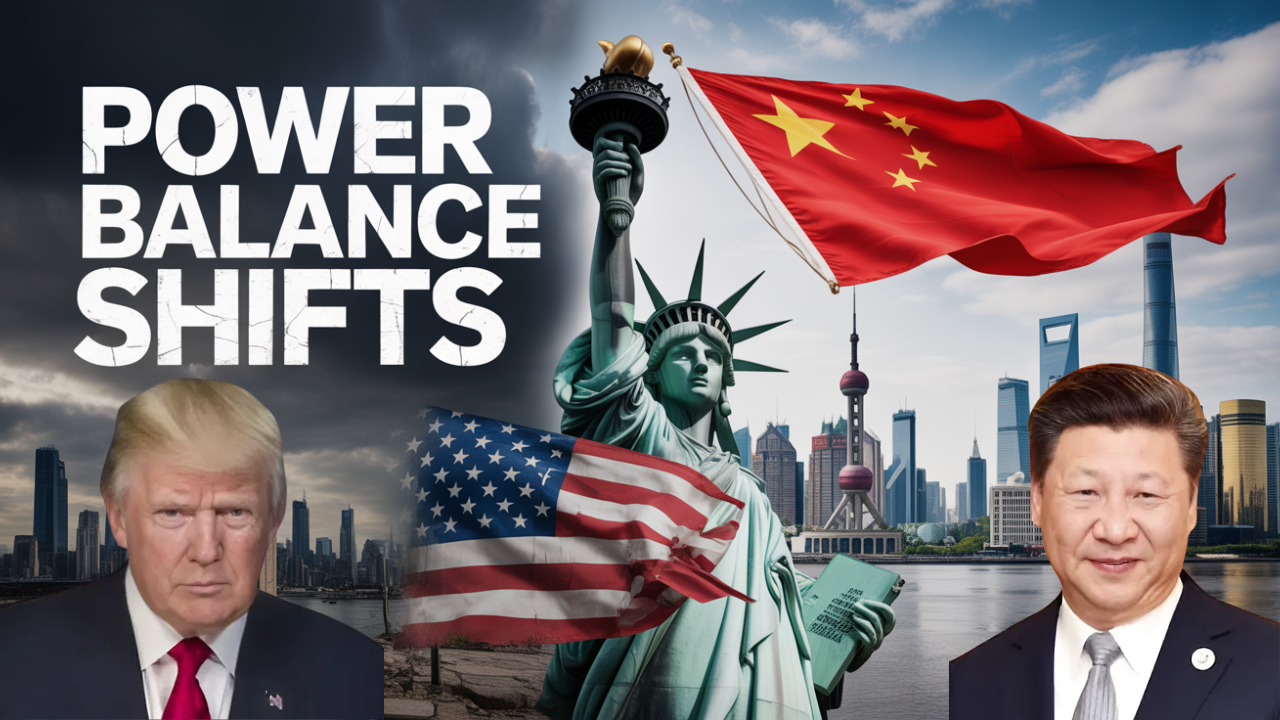Caribbean Unity Was the Dream — So Why Are We So Divided?
When the Caribbean Community (CARICOM) was formed in 1973, it was meant to be the region’s shot at real unity. We’d seen the West Indies Federation fall apart in the 1960s — too many differences, too many egos, not enough vision. So CARICOM was supposed to be smarter: not full political union, but economic and diplomatic strength through togetherness.
Fast-forward five decades later, and many are wondering: What happened to the dream?
Sure, CARICOM still exists — we have meetings, declarations, joint summits. But when it comes to making big decisions, especially around trade, diplomacy, or even something as basic as freedom of movement, we're often more divided than united.
A Quick Look Back: Why CARICOM Was Born
CARICOM came about after the West Indies Federation collapsed in 1962, and regional leaders quickly realized they needed a new plan. Out of that came the Treaty of Chaguaramas in 1973, signed by four founding nations: Barbados, Guyana, Jamaica, and Trinidad & Tobago. Over time, more Caribbean countries joined.
The mission was bold:
- Create a single market for goods and services
- Coordinate foreign policy
- Improve shared resources like education, health, and transport
In theory, this should’ve made us stronger. But in practice? We've often gone our own separate ways.
Look at Europe: They Pulled It Off
Let’s not act like integration is impossible. Just look at Europe. After centuries of war, colonial rivalries, and deep mistrust, the European Union (EU) was born out of a real desire to prevent future conflict and build economic strength.
Today, EU citizens move freely across borders. Their countries negotiate trade as a bloc. Even the smallest nations like Malta or Estonia have more bargaining power than they ever would alone. Yes, the EU has issues — Brexit proved that — but their integration has teeth. Ours barely has gums.
Why Can’t CARICOM Get It Together?
The answer isn’t simple, but here are some of the biggest problems:
- Everyone wants to lead: With no real enforcement body, each government tends to do what it wants when it wants.
- Economic imbalance: Countries like Trinidad & Tobago or Guyana often feel they have different priorities than, say, Dominica or St. Vincent.
- Travel and migration fights: The Shanique Myrie case in Barbados highlighted mistreatment within the region.
- Foreign policy confusion: On issues like Venezuela or China, CARICOM countries often vote differently on the global stage.
Recent Signs of Trouble
We’ve seen the disunity in action:
- During COVID-19, some countries hoarded vaccines while others begged for help.
- On U.S.-Caribbean relations, some leaders cozied up to Washington while others kept their distance.
- When it comes to Haitian migration, CARICOM talks a good game but has done little to ease the crisis.
What’s the Cost of Staying Divided?
This isn’t just about pride — there’s real money on the line.
If the Caribbean acted as a unit, we could:
- Negotiate stronger trade deals
- Cut tariffs and reduce business costs
- Push for global climate finance
- Build joint infrastructure
Instead, we remain small islands shouting from different corners — and the world isn’t listening.
CARICOM Isn’t All Talk — Some Wins Deserve Credit
CARICOM has had real moments of progress:
1. CSME: Allows certified professionals to work across borders.
2. CCJ: A regional court resolving trade disputes and appeals.
3. CARPHA: Coordinated regional health during the pandemic.
4. CDEMA: Improved disaster response across islands.
5. Climate diplomacy: Strong joint representation at global summits.
Reform Debates That Could Shape the Future
Ongoing discussions include:
- Making the CCJ the final court of appeal across the region
- Launching a regional ferry network
- Appointing a unified CARICOM rep at international bodies
- Regional procurement systems
- Creating an enforceable CSME timeline
Final Thoughts: Unity Is a Choice
CARICOM has always had potential. We share history, language, and threats like climate change. Europe showed us a model. The only question now is: do we want this bad enough to follow through?







